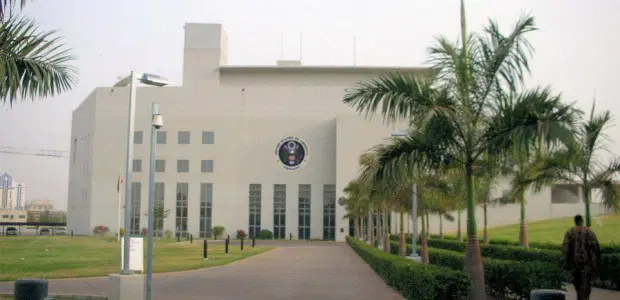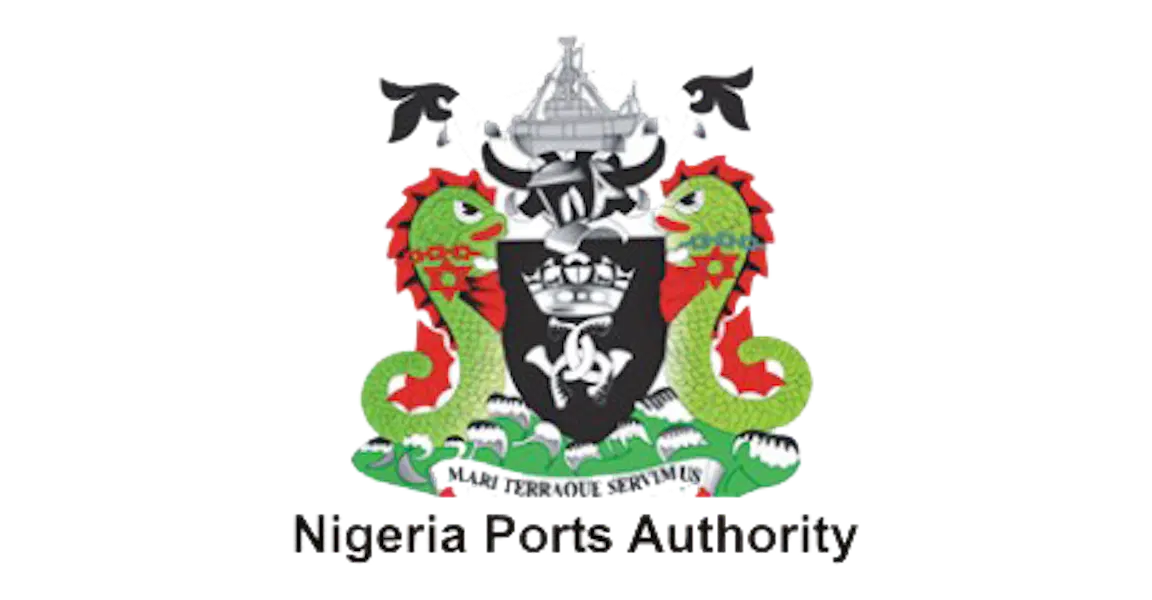The lead promoter of the Escravos Seaport Industrial Complex project in Delta State, Mercury Maritime Concession Company, has said that Nigeria may lose $27.29bn investment in the project by the end of June.
This was disclosed in a statement by the chairman of MMCC, Rear Admiral Andrew Okoja (rtd) on Tuesday, according to The Punch.
Okoja explained that this was owing to the extended delay by both the Federal and Delta State governments in giving final approval for the project’s launch.
Okoja stated that investors were ready to commit funding for the start of the project.
Recall that EDIB International of Hong Kong declared its desire to invest $27.29 billion in the ESIC project, which would include a deep seaport in Escravos (Gbaramatu Island/Omadino), Warri South-West Local Government Area of Delta State.
The project would be carried out as a joint venture with Nigerian firm MMCC.
The ESIC project, which began in 2019, seeks to convert 31,000 hectares of land in Delta State into a deep seaport, crude oil refinery, gas complex, independent power plant, airport, and nature park, among other things.
Okoja stated that the slow pace at which the Federal and Delta State governments were issuing necessary clearances could lead to Nigeria missing out on establishing job prospects for its population.
He said “This is apart from boosting the nation’s economy from its present distress state.
“ESIC would transform the Delta State economy and those of ESIC beneficiary states from a rural-driven economy with sprinklings of urban development to a metropolis-driven economy of international dimension.”
According to Okoja, the ESIC is a non-solicited public-private partnership project governed by the Nigerian Federal Government’s Infrastructure Concession Regulatory Commission Laws.
“It is modelled after the Lekki Deep Seaport/Free Trade Zone to serve the marine/economic interests of the Niger Delta, eastern and some northern states of the country specifically to solve the perennial port congestion problems in Nigeria,” he explained.
He further noted that the ESIC project would complement the ongoing Lagos-Calabar coastal highway.
Okoja stated that the protection sought was a 50-year renewable concession lease (which must be extended to 99 years for all other infrastructure and land) to construct, own, operate, and transfer the ESIC deep seaport free trade zone project, for which the Federal Government granted MMCC provisional approval in November 2020.











